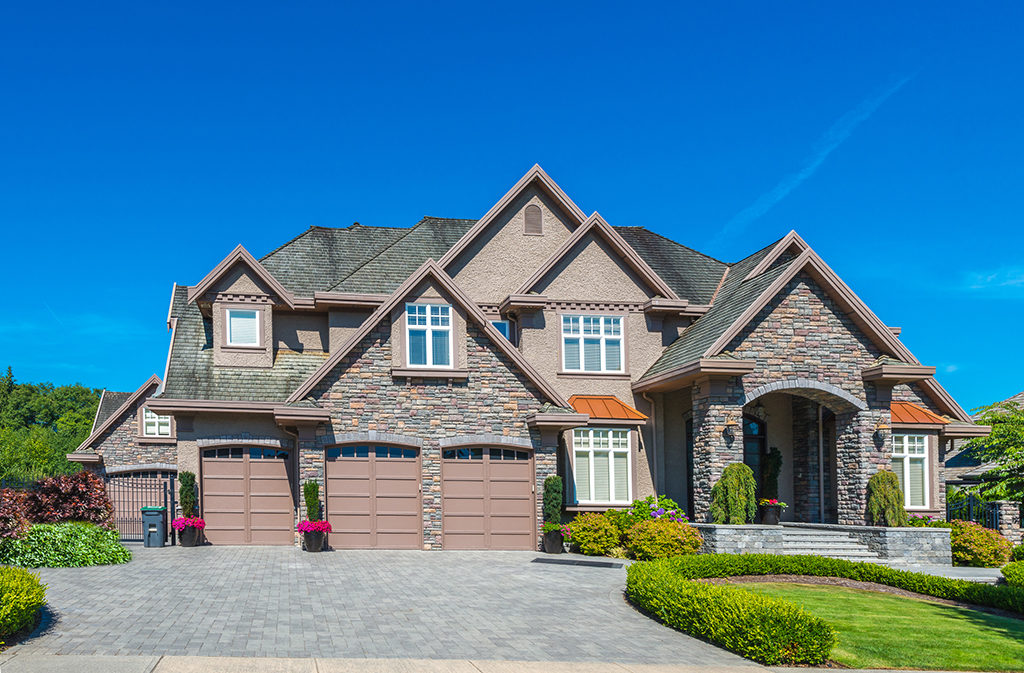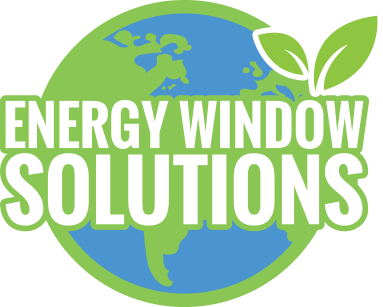
Homeowners Guide to Factors That Go into Energy Efficient Windows | Fort Worth, TX
Photo By romakoma at Shutterstock
There are multiple techniques that go into making glass stronger, visually appealing, and more energy efficient. There are also multiple styles of windows that are more practical for energy efficient windows. While these techniques and terms can seem more technical to the layman, this guide seeks to make understanding what kind of glass, frame, and window types the Fort Worth, TX homeowner is looking for easier.
Materials
Float Glass
The fundamental type of glass that you’ll find in most homes. The process of producing float glass is where it gets its name. Molten glass is poured onto molten tin where it’s shaped into large, thin, flat panels. The process produces smooth, consistently thick glass that’s ideal in low cost panes. While energy efficient windows use other types of glass, they’re usually used in conjunction with float glass in two or three pane windows. It’s a great base material for stronger more durable glasses due to its smoothness and affordability.
Fully Tempered Glass
This glass is made from float glass that has been annealed, then reheated beyond its annealing point of 1200 degrees Fahrenheit. After reheating, the glass is cooled very rapidly, which allows for the inside of glass to remain fluid while the outside cools. A similar effect can be seen in Prince Rupert’s drops, but the effect comes out to be incredibly durable glass that’s safe when shattering. When fully tempered glass shatters, the glass turns into small grains which reduces the risk of possible injury.
Insulated Glass Unit (IGU)
While IGU’s are technically assemblies, they’re made from multiple types of glass that form a barrier that better insulates your Fort Worth, TX home. IGUs are made when two pieces of glass are separated by layers of inert gas. Argon, xenon, and krypton are commercially available, and between these layers, a desiccant is applied which removes all moisture from the inside of the glass to prevent condensation. There are different manufacturing standards when it comes to making an insulated glass unit, but when it comes to making energy efficient windows, these units are great for insulating your home.
Frames:
Vinyl
An affordable, energy efficient material, vinyl is a popular material for window frames in Fort Worth, TX. When paired with an insulating foam, vinyl works to completely prevent air and water from entering your home, ensuring both energy efficiency, and durability. Vinyl’s also resists corrosion and sunlight very well, so in the hotter summer months, you don’t have to worry about replacing it due to discoloration. On the other hand, even though vinyl is a great insulating material, it tends to warp in more rapid temperature changes, so watching out for cracking, and calling your local window installer for consultation will help protect your energy efficient windows.
Wood
Great for both interior and exterior window frames, wood has a number of features great for any energy efficient windows. As a material, wood is good for insulation, as well as inhibiting condensation for windows multipaned windows like the IGU mentioned above. Wood is usually covered in another, external material such as aluminum when used outside, however, and are more costly when compared to vinyl.
Composite
Not made of any one material, composite window frames are made of a combination of fiberglass, and other synthetic materials. Out of all the window frame materials, composite frames are durable, quick to install, and have incredible insulation properties compared to more conventional materials such as wood or vinyl. However, for energy efficient windows, style is still important, and because composite materials can’t be painted or stained, you’ll find it may clash with the general aesthetic of your home. Composite materials are also non-recyclable, and for some parts of Fort Worth, TX, may be subject to restrictions in use throughout the home
Types of Windows:
Slider Windows
A popular type of window, slider windows are windows that slide open horizontally along a track. A simple construction of two panes and a track, it’s designed to be great for energy efficient windows by allowing more light in than smaller, vertical windows, while still having room for blinds for when light shouldn’t come in. Slider windows are usually composed of thinner panes of glass since larger panes tend to be heavier, and difficult to move. With that being said, moving the window can get tricky when the track gets dirty, so keeping it clean is an important step to take as a homeowner. There also aren’t many colors or styles available compared to other types of windows, so it might clash with your home’s aesthetics.
Fixed Windows
Fixed windows, similar to slider windows, provide an excellent blueprint for energy efficient windows by allowing as much light in as possible. On the other hand, fixed windows are windows fixed in place, such as glass blocks affixed by mortar. Because of this, the windows provide great two way insulation by being a physical barrier that keeps energy in, as opposed to thinner panes of glass. On the other hand, the room fixed glass is installed in will require other means to prevent direct sunlight, as the glass prevents any heat from leaving in the summer due to its insulating properties. In this case, external blinds, or removable tinting in the summer will provide the insulation necessary to use fixed windows.
In Conclusion:
Fort Worth, TX home owners may find investing in energy efficient windows to be an expensive investment for saving money on their energy bill. However, investing in the right windows for your home may be the thing that ensures not only that you save money in the future, but that the amount of stress put on your ac and heater is lessened so they can operate better throughout the year.


